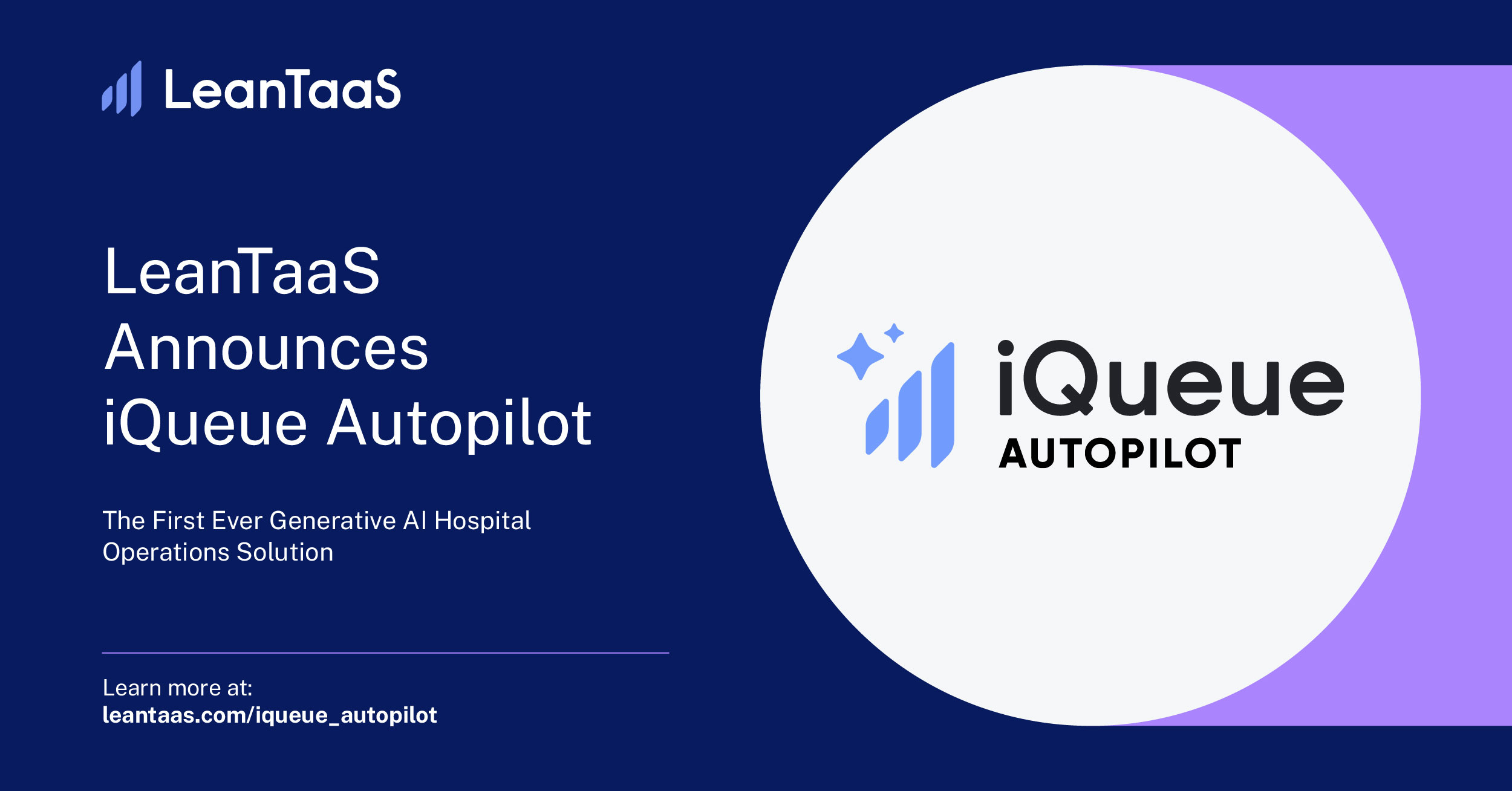
Generative AI is projected to grow faster in healthcare, in many cases, than any other industry, with a compounded annual growth rate of 85% through 2027 (according to Boston Consulting Group). That’s a bold statistic, considering the number of industries utilizing generative AI today.
Let’s break this down.
Healthcare generates massive amounts of data. This provides an abundance of information for training generative AI models. The models learn from diverse datasets, leading to the development of accurate and sophisticated models.
So, generative AI can be applied to personalized medicine by analyzing patient data to create individualized treatment plans. These models can simulate various scenarios and predict the effectiveness of different treatments, revolutionizing healthcare by tailoring care to each patient's specific needs.
Generative AI also excels in medical imaging analysis. By training on large datasets, generative models can generate synthetic medical images that closely resemble real patient scans. Generative AI also has the potential to augment healthcare professionals by automating routine tasks, generating patient reports and providing decision support. This saves time, reduces errors and enables medical experts to focus on more complex cases, ultimately enhancing overall healthcare delivery.
These are only a few of the benefits generative AI brings to the healthcare industry, so it makes sense why the industry is adopting the technology. LeanTaaS, a provider of AI-powered and SaaS-based capacity management, staffing and patient flow software for health systems, is helping with the adoption of generative AI in the healthcare industry through the launch of iQueue Autopilot.
The generative AI solution for hospital operations will provide hospital leaders with human-like conversations and actionable insights to support decision-making for patient flow, scheduling command center, block management, staffing and other capacity management use cases across both inpatient and outpatient settings. With iQueue Autopilot, LeanTaaS is bringing its vision of “air traffic control” for healthcare — managing patient flow and capacity optimization across the continuum of care on one single platform — to life.
The iQueue Autopilot prototype is set to undergo testing within the next 90 days, and it aims to provide digital assistance through three different methods. These methods are designed to drive actions and optimize capacity management in healthcare settings.
The first method is called Lean Forward. It enables decision-makers to interact with the iQueue Autopilot solution by seeking best practices and recommendations for capacity optimization management. For example, nurses can ask for real-time staffing recommendations and hospital administrators can discuss shifts in case volume. These interactions take place through desktops, smartphones and tablets, simulating human-like conversations.
The second method is referred to as Lean Back. In this approach, iQueue Autopilot proactively alerts decision makers throughout the day regarding potential issues such as scheduling and staffing roadblocks. Once an issue is flagged, the solution provides users with tangible recommendations and approaches to address and resolve the identified challenges. Alerts are sent through email, SMS and third-party messaging platforms to ensure decision-makers stay informed and receive timely guidance.
The third method is known as Moment in Time Problem Solving. This method involves real-time notifications to create awareness and prompt action in response to potential medical or operational issues. The iQueue Autopilot solution detects deviations from standard processes and immediately notifies decision-makers about risks in operating rooms, inpatient areas and infusion centers. It also provides mitigation recommendations to address these issues before they escalate, allowing operational leaders, staff and clinicians to proactively allocate alternative resources and assets, enhancing patient safety and preventing potential safety concerns.
“We have a unique opportunity to leapfrog older technology by harnessing AI to improve patient access, staff and clinician experience, and reduce staff burnout,” said Sanjeev Agrawal, LeanTaaS president and chief operating officer. “Thanks to the power of predictive and prescriptive analytics — and now generative AI — we can give leaders, frontline staff and clinicians dynamic solutions at their fingertips that proactively solve the biggest challenges facing hospitals today, including broken workflows and crippling staffing shortages.”
The iQueue Autopilot solution is expected to be used in all major areas of the hospital and integrated into LeanTaaS’ three products, iQueue for Operating Rooms, iQueue for Infusion Centers and iQueue for Inpatient Flow.
Edited by
Alex Passett